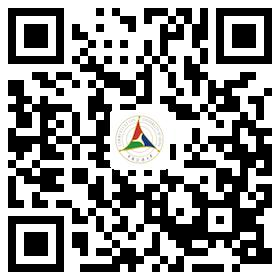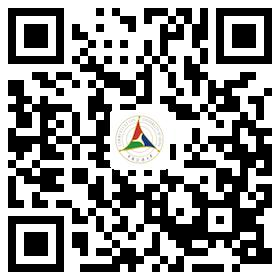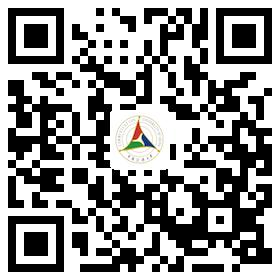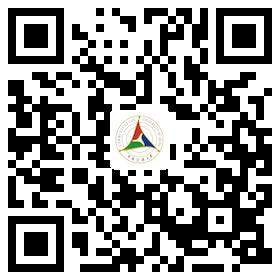Erika Guarachi, a student of CUC’s master’s degree program in International Journalism, shares some experiences about working in the exciting field of journalism, from embarrassing beginner’s mistakes to inadvertently risking her life.
As we sat down to prepare for the interview, Erika opened her textbook and jotted down a few notes to ensure she covered all of the stories she intended to share with us. Still holding a pen in her hand, she signaled that she was ready to begin. It made us feel more like we were the interviewees, and Erika was a professional journalist sitting in front and noting every detail. With a slight smile and a simple joke, we began our conversation. 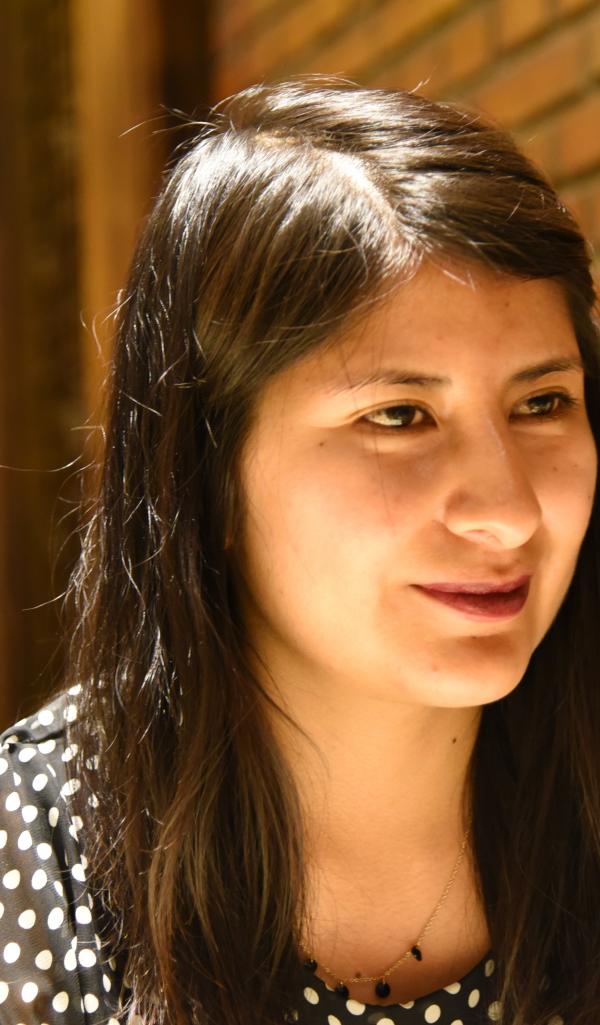
Becoming a Journalist
Erika’s undergraduate program emphasized the social communication dimension of journalism. She studied general subjects related to journalism for 4,5 years, covering cultural journalism, political journalism, research journalism so that students graduate with a rich and inclusive skill set. Having 8 or 9 subjects every day, Erika explained that students were always engaged in their classes. The teachers introduce debates and quizzes about books, encouraging students to analyze and compare the book and the authors. “It was not enough time to learn, but we knew that we liked journalism,” Erika confessed. In addition, students were required to take one elective course per year. Erika chose the course about Chinese culture—specifically, Chinese meditation—which lasted for two weeks. This course challenged Erika to keep quiet and meditate for more than 5 hours every day, which was not an easy task for our chatty interviewee.
During her studies, Erika worked for a small radio station called Radio Future, run by two journalists. Erika interviewed people on a variety of topics based on her region rather than any particular subject matter. “We had to cover everything, so I learned widely.” One day, to Erika’s surprise, the director informed her that she would have to run the daily program alone. After some hesitation and a few jokes, the show began and she casually shifted the conversation to the legalization of marijuana. Erika took a risk and asked listeners to share their opinions on this contentious topic. As Erika struggled to keep the show going, the radio director intervened and changed the subject. Nevertheless, even now, her face showed no sign of regret, only laughter and relief. She was grateful that the director rescued her from the radio silence at just the right moment.To be sure, starting a new career entails some growing pains. Not unlike her attempt to run the radio broadcast on her own, Erika’s first radio report was another experience that provoked some quick learning. When the editor called her informing her of the task at hand, she was relaxed. After all, she had just sent the report to website and the information was fresh in her mind. All Erika had to do was receive the call and repeat what she had submitted. Upon answering the call, she discovered that it was a very famous program on the radio and she found herself stammering, “Okay, there was a car. There were people.” She was mortified with her rambling statement. The journalist on the radio inquired, “How many hours did the accident stop traffic?” to which Erika replied, “I don’t remember, maybe one…” Flustered, she ended the conversation forgetting to deliver her sign-off phrase. From that moment, Erika understood the importance of writing things down in order to speak fluently.
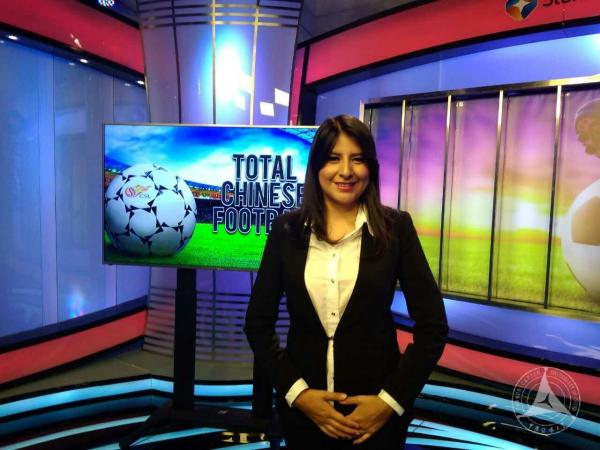
Reporting for radio is quite different than reporting for TV. Erika was pleased to seize the opportunity to experience both journalistic media.
“When you are pushed to report, you learn faster. When you write, you try to describe everything. On TV you only have 1-2 minutes to do the same.”
Erika described the time constraints inherent to broadcast media. She felt that print media offered space for debates, as the journalistic conventions allow reporters to provide multiple perspectives and arguments about a topic. In contrast, broadcast media does not allow for comprehensive arguments, instead favouring one thesis. For instance, Erika reported one story about a 1 million dollar road that connected neighbouring cities. Erika included many citizen perspectives, including those who felt that this was too expensive. The editor insisted that on TV, you must present a clear and one-sided report in the short time available.
Erika’s experiences working in multiple different media sectors provided her with practical skills to approach journalism. While she encountered a few awkward moments that shaped her to become the professional journalist she is today, as she entered the field, she did not expect her life to be put in real danger.







